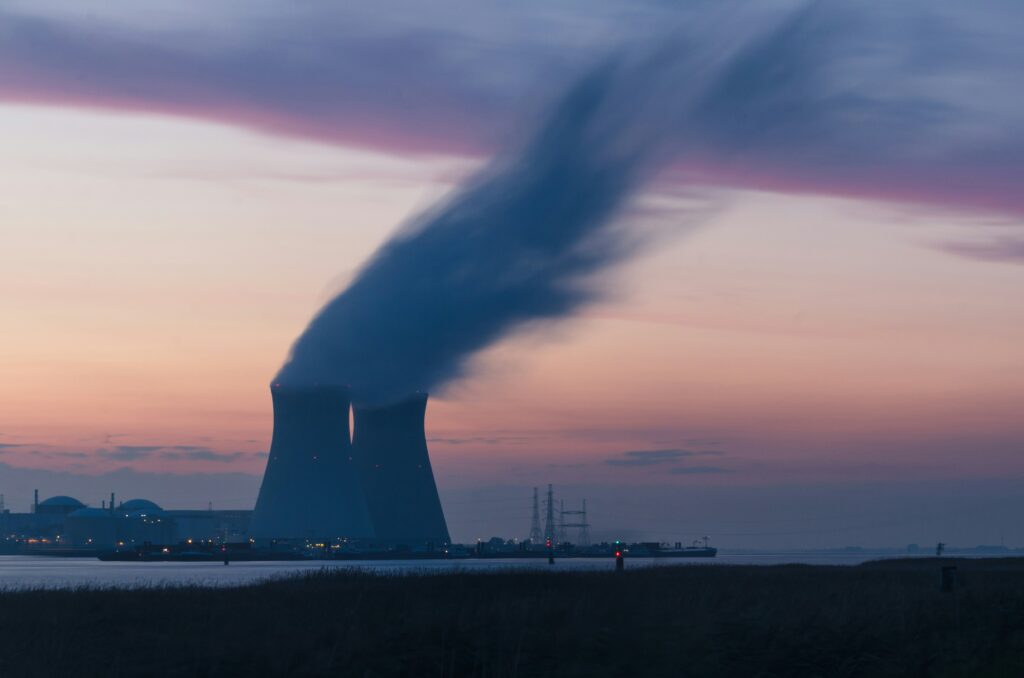The UN Panel on Critical Energy Transition Minerals concluded its inaugural in-person meeting on July 8-9 in Copenhagen. They focused on fostering a sustainable and equitable energy transition and establishing mineral guidelines.
The panel brought together a diverse group of stakeholders to address the increasing demand for minerals for renewable energy technologies. Experts emphasized the need to establish global principles for the extraction and use of critical minerals. This includes copper, lithium, nickel, cobalt, and rare earth elements that align with environmental and social standards.
The Panel
Co-chaired by South African Ambassador Nozipho Joyce Mxakato-Diseko and Director-General for Energy at the European Commission Ditte Juul Jørgensen, the group boasted global minerals experts. Countries are increasingly moving towards critical minerals for clean energy, making this a global demand.
They highlighted strengthening international cooperation by creating unifying norms and standards for critical minerals. The panel reiterated the importance of addressing sustainability and human rights issues in the mining and use of critical minerals. Thus addressing concerns about the prevention of environmental degradation and the rights of local communities.
The panel agreed to develop a set of principles to guide the sustainable extraction and use of minerals. These principles focus on ensuring transparency, promoting human rights, and safeguarding environmental standards. They emphasized that countries and local communities endowed with these minerals benefit economically, including promoting local value addition and ensuring that profits from mineral extraction contribute to community development.
Additionally, the panel recognized the need to boost investor confidence in the critical minerals sector. This includes reducing future costs and fostering the development of innovative technologies that support sustainable mining practices. The meeting marks a significant step toward a technologically advanced global transition to renewable energy is socially and environmentally responsible.
The panel’s work will continue, supported by a technical secretariat led by the UN Secretary-General’s Climate Action Team, the UN Environment Programme (UNEP), and the UN Conference on Trade and Development (UNCTAD). These further meetings and consultations are planned to refine and implement the agreed principles.














